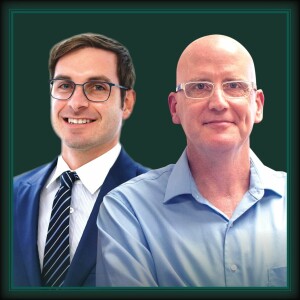
Monday May 08, 2023
Outsmart Your Brain | Daniel Willingham & Glenn Fahey | Events at CIS
Why we must learn lessons about how we learn? CIS welcomed world-leading education researcher, cognitive psychologist and Ask a Cognitive Scientist columnist Dan Willingham to discuss how we learn and why this matters. While researchers have learned vastly more about how we learn, this isn’t always reflected in teaching within schools or in how students study. Many practices for teaching and self-study are based on outdated theories, misconceptions, neuro-myths, anecdotes, and trial-and-error. But increasingly scientifically-informed practice can optimize teaching and study time – ultimately helping students to be more effective, efficient, and engaged learners. What are the key lessons from how we learn? How should cognitive science inform teaching and learning practice? Can we train our brains to be better learners? Why do so many teaching and learning fads not work in practice? Why are misconceptions about learning so persistent and hard to shake? Daniel T. Willingham is Professor of Psychology at the University of Virginia, with expertise in cognitive psychology and neuroscience as it applies to school education. He is author of the Ask a Cognitive Scientist column of the American Educator journal, as well as several books, including Why Don't Students Like School?, When Can You Trust the Experts?, and Outsmart Your Brain: Why Learning is Hard and How You Can Make It Easy. This discussion is convened by CIS program director in education policy, Glenn Fahey. Glenn is co-author of the report, Failing to teach the teacher: An analysis of mathematics Initial Teacher Education (CIS, 2021).
No comments yet. Be the first to say something!